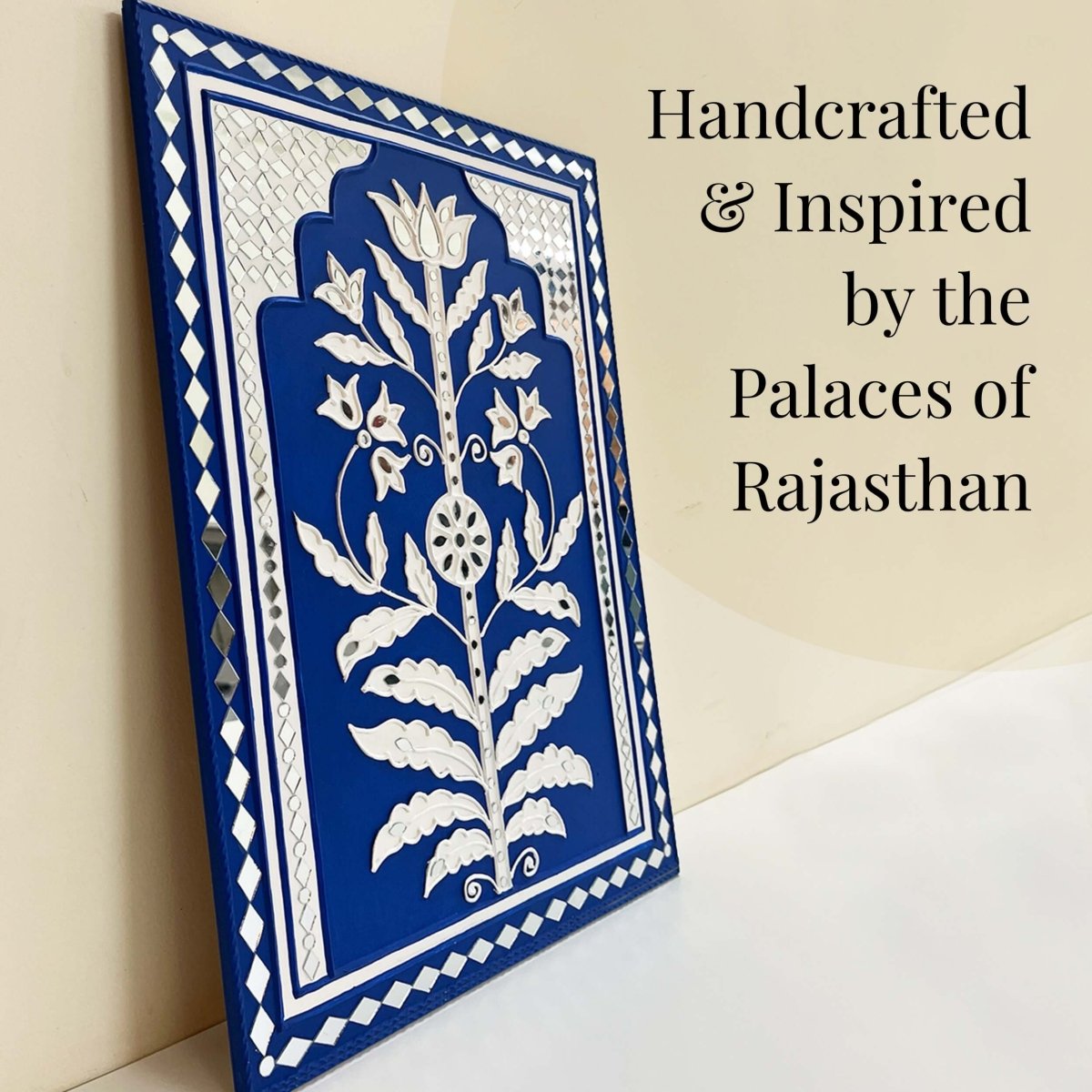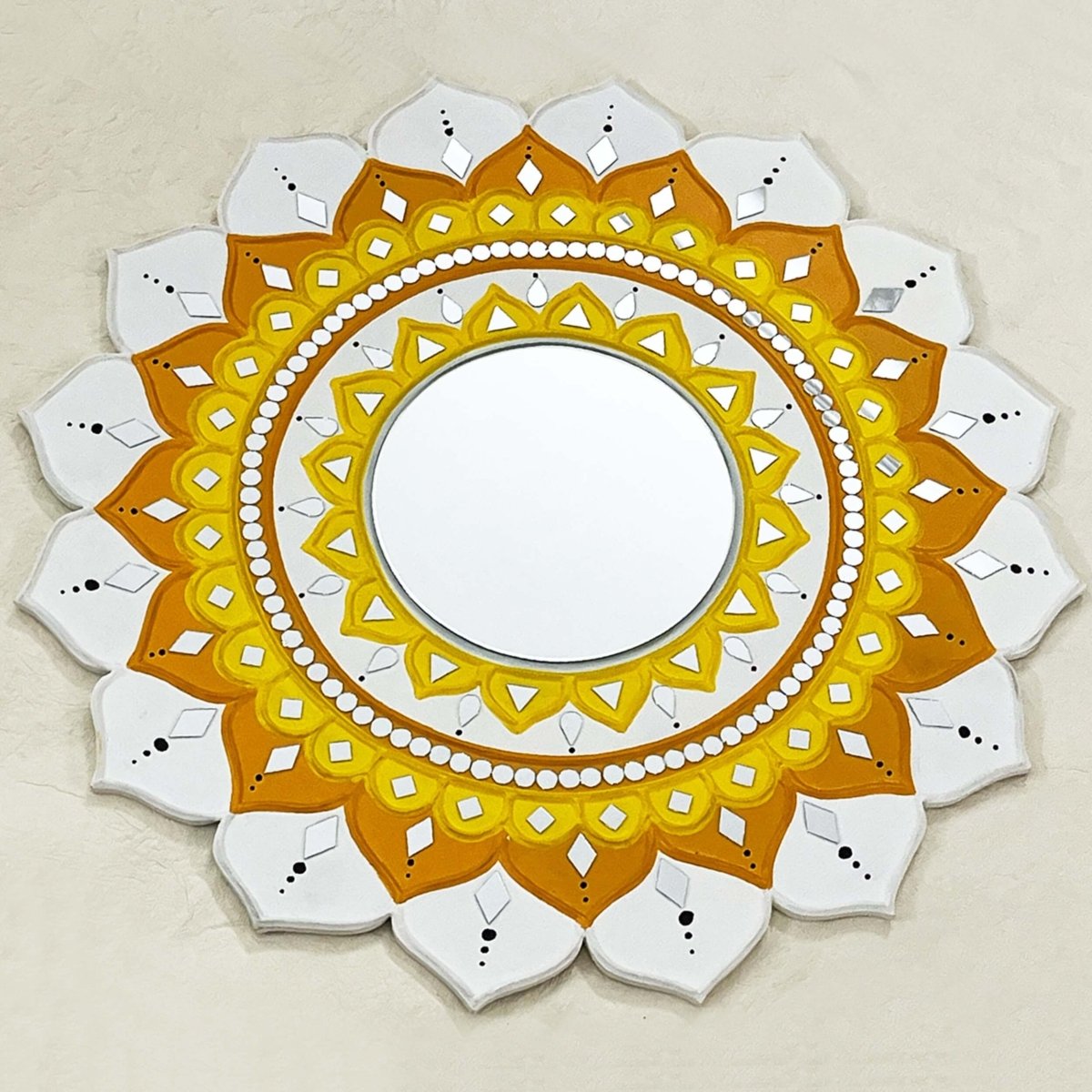Justice Leila Seth: First Among Equals
BOOKMARK
Leila Seth had a penchant for ‘firsts’ and she wore each honour with uncommon ease.
Seth was the first woman to top the London Bar exams in the ’50s, the first woman judge in the Delhi High Court, first woman senior counsel to practise in the Supreme Court, and the first woman Chief Justice of a high court (she was Chief Justice of the Himachal Pradesh High Court).
She served with distinction on many judicial and enquiry panels and was a fierce advocate of human rights. But as the mother of a gay man, novelist and poet Vikram Seth, it was her passionate defence of the rights of the LGBT community that caught the public attention.
Leila Seth was a remarkable jurist, but equally remarkable was her decision to study law – it was a happy accident.
Why She Chose Law
Seth was born in Lucknow in 1930 and studied in Loreto Convent in Darjeeling, West Bengal. Her father, who worked with the railways, died when she was only 11 and Seth started working very early. Her family was living in Calcutta then and Leila found work as a stenographer with the railways.
It was then that Leila met her future husband, Prem. After marriage, Prem, who was with the Bata Shoe Company, was posted in London, where the couple lived for a few years. Seth was very keen on studying further but having a three-month-old limited her academic choices. “I did not have any particular interest in law,” Seth later said, but since it didn’t require her to attend regular classes, she took the plunge.
In 1958, Seth became the first woman to top the London bar exams.
Seth’s triumph was chronicled in a London newspaper, which headlined the story ‘Mother-in-Law’. It was accompanied by a picture of Seth holding her infant son.
Foundational Years
The next year, the Seths returned to India, when Leila was still only 27. Her husband was transferred to Patna, so she enrolled as an advocate at the Patna High Court, where she practised for 10 years. It was a very challenging time.
– It was the 1960s and women lawyers were not taken seriously. But these were foundational years for Seth’s career, so she dove into mainstream cases in the realm of Company Law, Income Tax, Constitutional Law and Criminal Law, to prove she could argue alongside her male colleagues.
Her most memorable moment came in a criminal case, where she was defending an engine driver on the verge of being imprisoned and losing his job. A man who had climbed on top of the train he was driving had died when the train slipped under a bridge and the guard and driver were being held liable.
Seth won the case and the grateful engine driver, who could afford only a single day’s legal fees, gifted her a tin of homemade ghee.
Battling the Gender Bias
Seth and her family moved to Kolkata for a while before they shifted to Delhi in 1972, and she started practicing in the Delhi High Court and the Supreme Court. A few years later, she became the first woman judge in the Delhi High Court.
– Recalling another anecdote from her career, Seth says the patriarchy often got in the way. Soon after she was appointed as a judge, there was an official tea party and, being a woman, she was asked to organize it! Of course, she didn’t.
Also, Seth was invariably introduced as a “lady judge”, till she asked her male colleagues whether a male judge was introduced as a ‘gentleman judge’.
Seth became the first woman Chief Justice of a High Court in India, when she joined the Himachal Pradesh High Court in 1991.
A Weighty Legacy
In 2003, Justice Leila Seth published her autobiography, titled On Balance, a candid account of her life, her personal struggles in her early years and her experience as judge and jurist. In 2010, she published We, The Children of India – the Preamble To Our Constitution, an explainer on the Constitution’s Preamble for young readers. And in 2014, Seth wrote Talking of Justice: People’s Rights in Modern India.
Seth passed away in 2017 at the age of 86 and left behind a weighty legacy. She was a member of the Justice J S Verma Commission set up in the aftermath of the 2012 Delhi gang rape case that shocked the nation. The commission suggested important amendments to rape laws in India.
She was a member of the Law Commission from 1997 to 2000, and was responsible for amendments that gave equal rights to daughters in joint family property under the Hindu Succession Act.
Seth was a strong campaigner for human rights, but her defence of the LGBT community was personal when in 2014, the Supreme Court recriminalized homosexuality. As the mother of a gay man, novelist and poet Vikram Seth, the verdict of the apex court, overturning a Delhi High Court judgement that had ‘read down’ Article 377 of the Indian Penal Code, touched a raw nerve.
Seth wrote in an article: “What makes life meaningful is love. The right that makes us human is the right to love. To criminalize the expression of that right is profoundly cruel and inhumane. To acquiesce in such criminalization or, worse, to recriminalize it, is to display the very opposite of compassion. To show exaggerated deference to a majoritarian Parliament when the matter is one of fundamental rights is to display judicial pusillanimity, for there is no doubt, that in the constitutional scheme, it is the judiciary that is the ultimate interpreter.”
Justice Leila Seth was never afraid to put herself out there. It was one of her greatest strengths.
Now, get a chance to engage with leading experts from across the world, enjoy exclusive in-depth content, curated programs on culture, art, heritage and join us on special tours, through our premium service, LHI Circle. Subscribe here.









